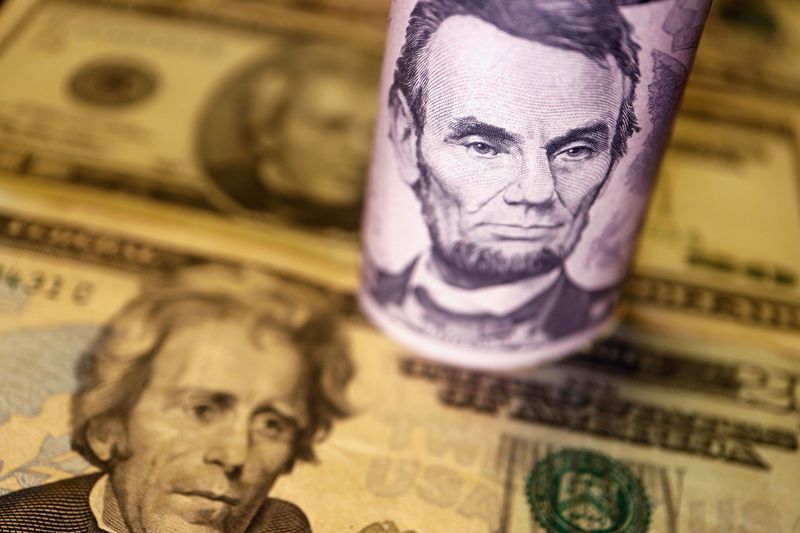Dollar firm as war widens in Middle East
2024.10.01 21:29
SYDNEY (Reuters) – The dollar held its sharpest gain in a week on Wednesday after an Iranian missile attack on Israel drove buying of safe assets as investors fretted about the widening of conflict in the Middle East.
Early Asia moves were slight, leaving the euro below $1.10 following its largest drop in nearly four months overnight.
The bid for safety kept the yen broadly steady at 143.45 per dollar and the Swiss franc at 0.8463 per dollar. The New Zealand dollar was nursing a 1.1% overnight fall at $0.6283 and oil prices had jumped 2.5%.
The rose about 0.5% overnight to 101.2, its largest rise since Sept. 25, which was also helped by a stronger-than-expected reading on U.S. job openings.
Israel said Iran fired more than 180 ballistic missiles and Iran’s Revolutionary Guard Corps said the attack was retaliation for Israeli killings of militant leaders and aggression in Lebanon against the Iran-backed armed movement Hezbollah.
No injuries were reported in Israel. Iran previously struck Israel in April, without causing major damage or a lasting reaction in financial markets. However, the beginning of an Israeli ground assault against Hezbollah inside Lebanon and Israel’s vow to respond opens the possibility of escalation.
Markets’ response centres on oil prices and ANZ analysts noted further moves will likely be determined by Israel’s response and whether it attacks Iran’s military or oil industry.
The mood has pushed the Australian dollar down to $0.6883 though losses there were limited by some upbeat retail sales data released on Tuesday. Sterling fell 0.7% overnight and was steady at $1.3278 in early Asia trade.
Westpac strategist Imre Speizer said the Middle East was unpredictable but that in the absence of escalation market sentiment could recover and focus return to economics.
In New Zealand, a business survey showing a fast cooling in price pressures has raised the odds that New Zealand’s central bank cuts rates by 50 basis points next week. Westpac and BNZ revised their forecasts to expect a 50 bp cut and markets price about a 77% chance of a 50 bp cut.
Later in the day, Democrat Tim Walz and Republican JD (NASDAQ:) Vance go head to head in a vice presidential debate and U.S. private payrolls data is due.

Traders are also keeping a wary eye on an employment dispute on the U.S. dockside.
East and Gulf Coast dockworkers began their first large-scale strike in nearly 50 years on Tuesday, halting the flow of about half the country’s ocean shipping.








